Spring 2018

This seminar will examine the social movements that came to the fore in the year that began with the Tet Offensive and ended with the launch around the moon. The first three classes will examine the antiwar, civil rights, and women’s movements using images and texts to consider what the ‘60s came to represent. In […]
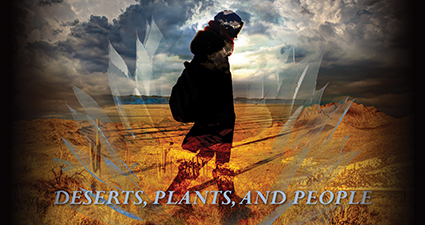
Professor Smith brings his popular June 2017 course to Oro Valley! Environments commonly known as “deserts” occupy nearly one-third of the earth’s land surface and are home to about a billion people. We will first discuss the geographical features of deserts, answering seemingly simple questions: What is a desert, and why do they occur where […]
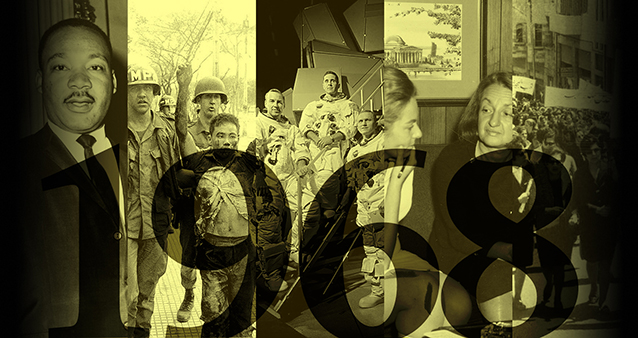
This seminar will examine the social movements that came to the fore in the year that began with the Tet Offensive and ended with the launch around the moon. The first three classes will examine the antiwar, civil rights, and women’s movements using images and texts to consider what the ‘60s came to represent. In […]
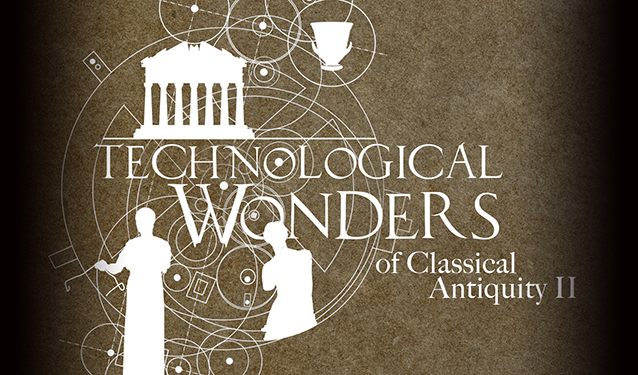
This class continues the discussion of Technological Wonders of Classical Antiquity from 2016. While the 2016 course focused on pyrotechnology (pottery and bronze-casting), this course will emphasize stone working (sculpture and temple architecture). The 2016 course is NOT a prerequisite to this class: What were the key technologies and major technical advancements of classical Greek […]
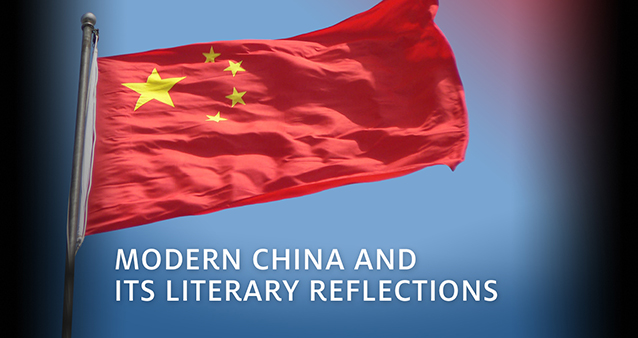
In order to understand modern China, we must understand the changes that have shaken its cultural foundations and profoundly transformed the country with a speed unrivaled in recent world history. The term “modern” in this sense is more than a chronological marker but a new conceptualization of the self and the world. This seminar will […]
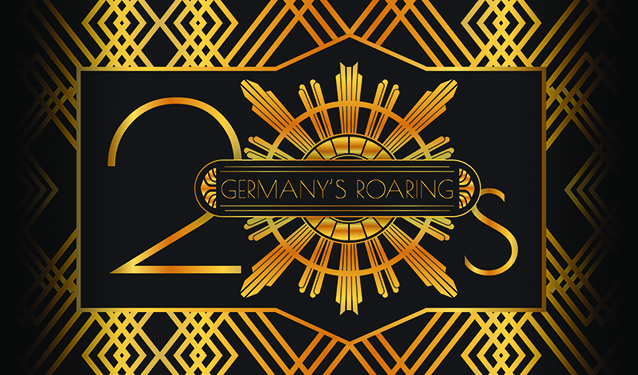
Professor Kosta repeats her popular course from 2015 with a few variations: Germany’s Weimar Republic (1919-1933) rose out of the ashes of World War I to become both an immensely creative and fraught period of the twentieth century. The exciting capital Berlin, a laboratory of modernity, was the center of radical experimentation in the visual […]
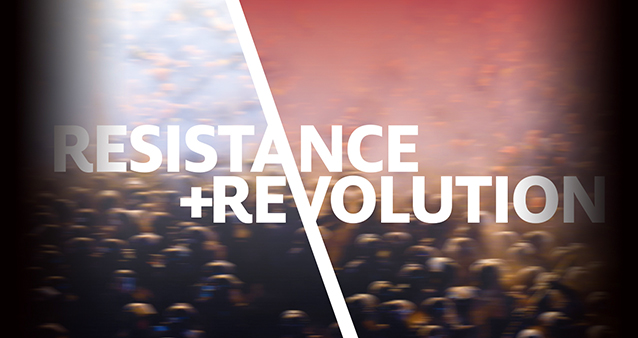
This course brings together six distinguished scholars from the College of Humanities to explore movements of social resistance and revolution. Malcolm Alan Compitello, Professor and Head of Spanish and Portuguese, examines the Spanish Civil War as a crucial moment whose social and cultural impact is still felt today. Alain-Philippe Durand, Dean of the College, explores […]
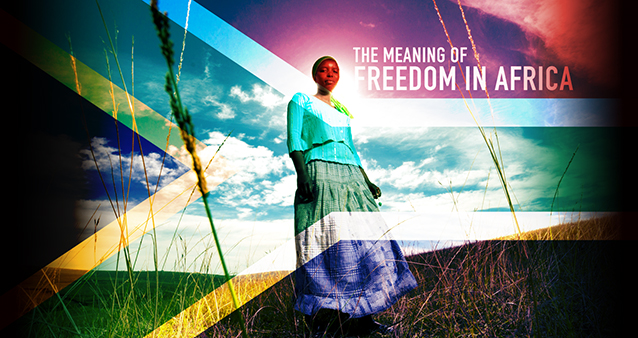
This course explores the emergence of freedom as an ideal in Africa during and after the movements for national liberation. We will examine the people’s ongoing struggle to achieve social justice after colonial independence as a quest for meaningful freedom. To understand the emergence of this ideal and the nature of the people’s struggle, we […]
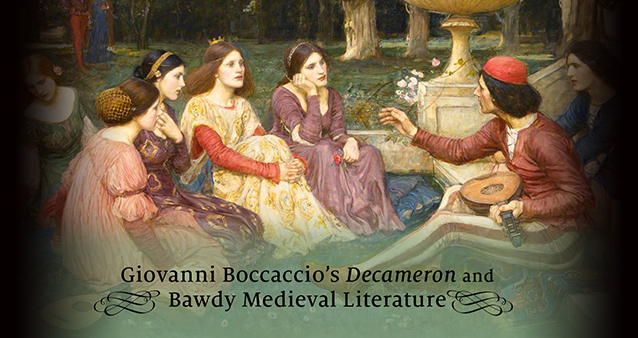
Giovanni Boccaccio’s Decameron (ca. 1348-1351) is a masterpiece of world literature. Boccaccio is one of the Three Crowns, the three founding authors of Italian literature (along with Dante and Petrarch). Yet his Decameron is a conundrum. Composed in the wake of the Black Plague of 1348, the Decameron presents a world populated with flesh-and-blood individuals […]
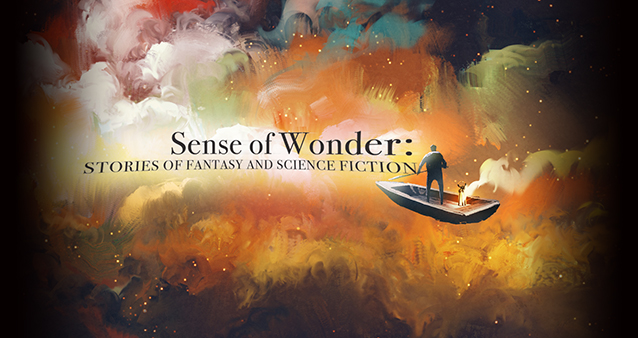
Science fiction is a modern art form closely tied to advances in science and technology. It generates an imaginary space where a new development in science can be imaginatively tested for its possible effects on humanity. Some scenarios are cautionary, while others are hopeful and exhilarating. When combined with the fantasy genre, these stories set […]
